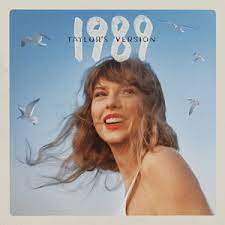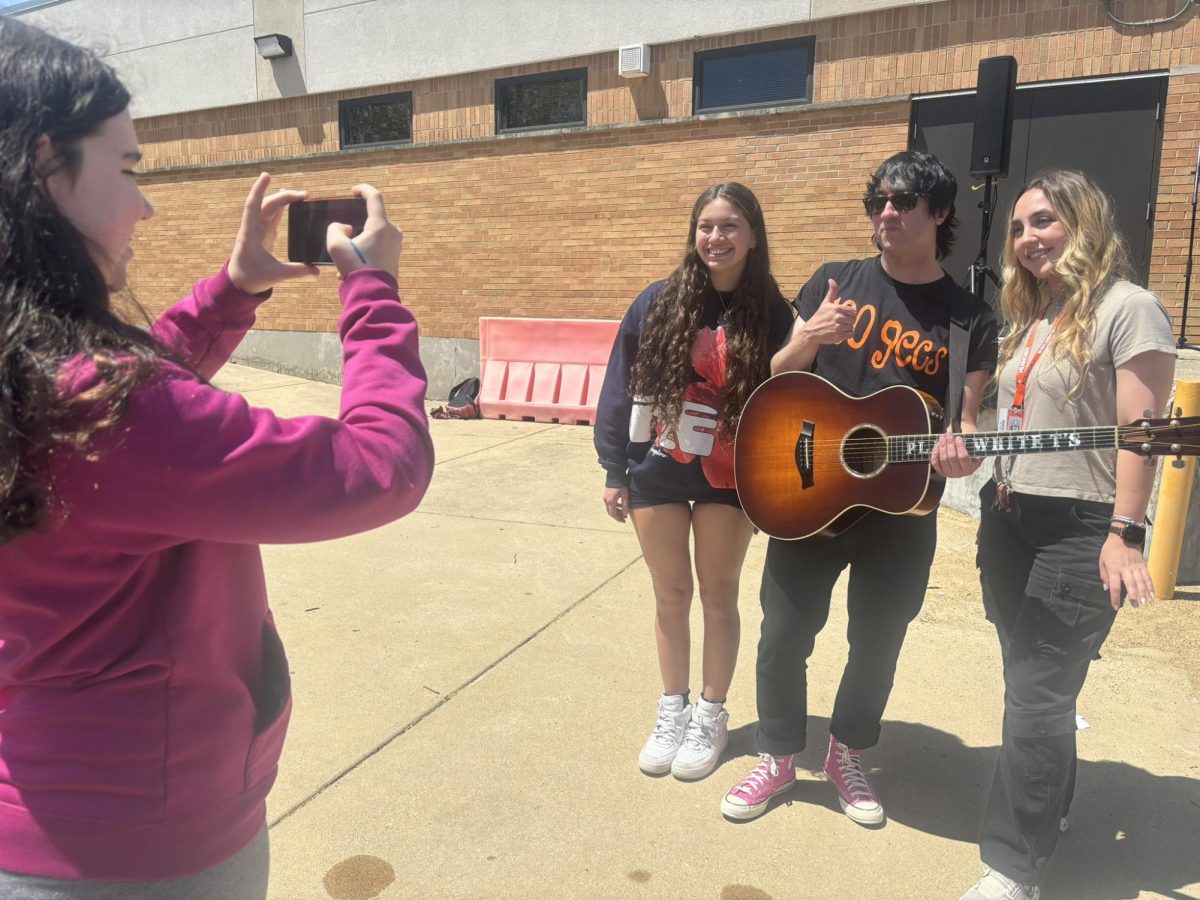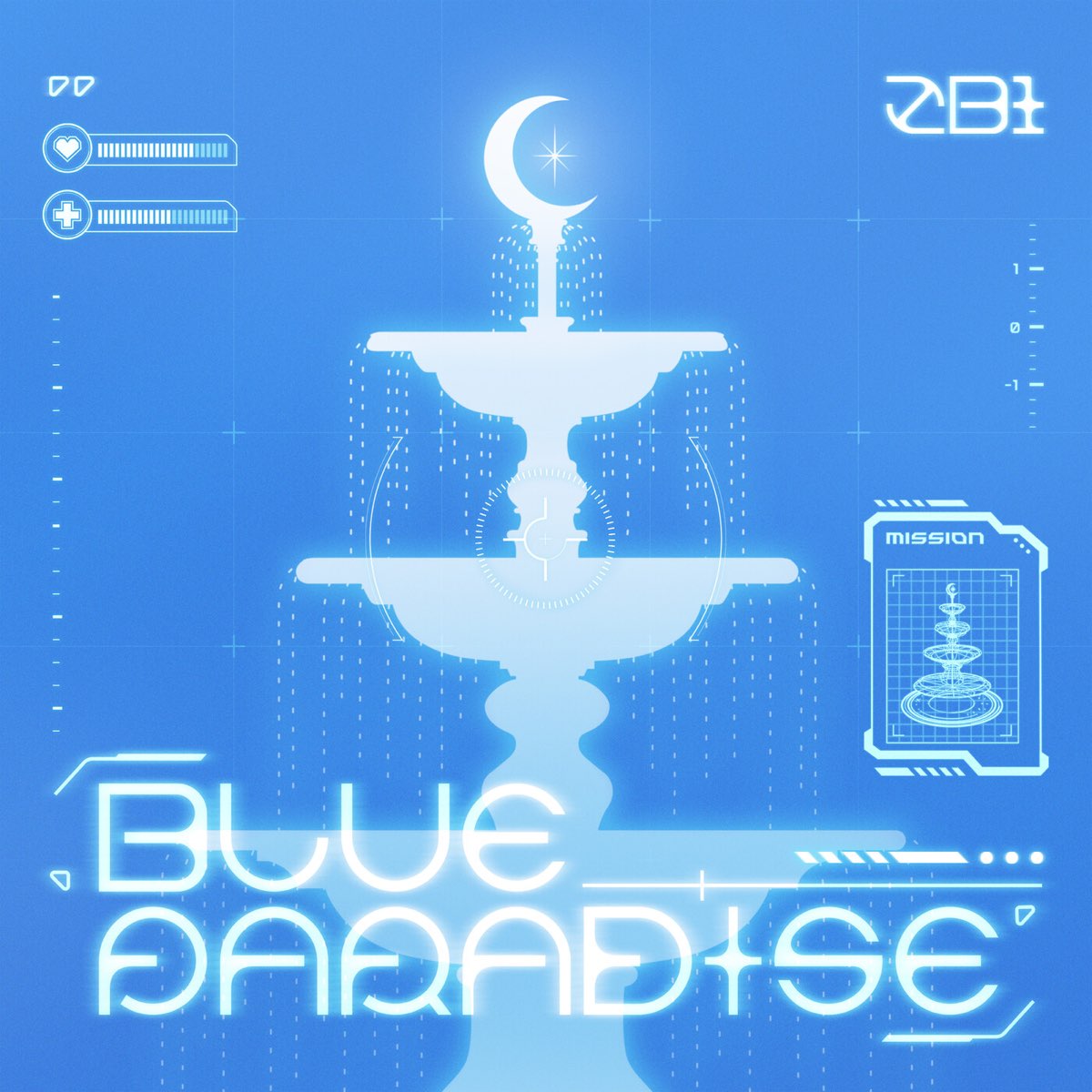
On Oct. 27, Taylor Swift officially claimed her 2014 studio album, “1989,” as her own. The new release of “1989 (Taylor’s Version)” emerges as Swift’s fourth release in rerecording her previous albums. For longtime fans, these new versions of previous hits, now almost a decade old, have been a nostalgia trip along with a fresh new sound compared to the original release.
Swift’s history of rerecording goes all the way back to 2019, when her former manager, Scooter Braun, bought the rights to her first six albums and sold them in November 2020, meaning they would no longer be in her ownership. She announced that she would re-record these albums originally released under Big Machine Records and came out with “Fearless (Taylor’s Version)” a couple of years later in April 2021. Since then, Swift has gone on to claim more than half of her discography with “Red (Taylor’s Version)” in November 2021, “Speak Now (Taylor’s Version)” in July 2023 and most recently, ‘‘1989 (Taylor’s Version).”
So far, the album has already sold over one million copies in its first week, exceeding sales of her previous release, “Speak Now (Taylor’s Version).” With the release of “1989 (Taylor’s Version),” Swift has two albums left to re-record before owning her discography. The newly recorded album includes the 16 tracks from its original version along with five “vault” tracks that were written for the album but not previously released. The deluxe version, released Oct. 27, also includes a re-recorded version of “Bad Blood” featuring Kendrick Lamar along with an acoustic version of “‘Slut!’” released most recently on Nov. 9.
“‘Slut!’,” “Say Don’t Go,” “Now That We Don’t Talk,” “Suburban Legends” and “Is It Over Now” are the five vault tracks of Taylor Swift’s “1989 (Taylor’s Version)” that pierce the listener’s souls with huge chorus instrumentals. Swift incorporates unexpected rhythms that strike a perfect balance between upbeat and mellow sounds. While each vault track has its own appeal, Swift executed some with just a bit more “style.”
The first vault track, “‘Slut!’,” details Swift’s experiences with romance in the public eye and the constant shame over her entanglements, outfits and actions. With its bold title,”’Slut!’” was originally predicted to be a pounding and fast-paced piece, but turned out to be quite the opposite, using dreamy and gentle chords and lyrics like “Lovelorn and nobody knows” to create a beautiful yet depressing depiction of Swift’s reality.
“Say Don’t Go” seems to follow “’Slut!’” with a similar low-key progression, but with lyrics like “Why’d you have to lead me on? / Why’d you have to twist the knife?” there’s a new fade from smitten to sour, snapping the listener into the first loud and booming chorus of the vault tracks.
The groovy beat of “Now That We Don’t Talk” makes it by far the easiest vault track to show off those “Shake it Off” dance moves. Yet Swift’s peppy sound with firm vocals like “Remind myself the more I gave, you’d want me less” showcase her evolution in trying to leave behind a relationship once and for all, demonstrating a maturity that blends perfectly with yet another “sick beat” of Swift’s.
“Is It Over Now” follows the fake-out path seen in “Say Don’t Go?” with a sudden hit of sadness in its opening with a pivot into a deliciously spiteful chorus. There’s the characteristic wild vocals, but the magnificent, echoey chorus stands out amongst all the others. Its lyrics of “Your new girl is my clone” and “You search in every model’s bed for something greater” are passionate, punchy and perfect for describing a once peachy relationship broken apart.
The only vault track listeners may have some “Bad Blood” with has got to be “Suburban Legends.” Though the track has a rhythm that makes it seem like Swift is savoring every lyric she sings, there’s not one clear emotion that Swift conveys and there’s a certain neutrality in the vocals. Unlike the rest of the vault tracks, there isn’t a jab that transports the listener into Swift’s metropolis of lust, healing, growth, love and anger.
As for the main tracks, one rerecording was simultaneously impressive and upsetting. In “Style,” Swift’s staple introduction into the song, a soulful electric guitar strumming, is no longer the “red lip, classic” it formally was. With the sharp, intriguing and positively gritty instrumental turning into a simple electronic progression with no bite, it sometimes seems the rerecording was more of a reinvention. As for the remaining tracks of the album, the production and sound quality has changed significantly, such as her crisper vocals in tracks like “I Know Places” and “All You Had To Do Was Stay.”
Overall, “1989 (Taylor’s Version)” shows a clear difference in Swift’s maturity and emotion over the nine years since its original release. It serves as an iconic pop album that many fans will continue to come back and listen to. With “reputation” and her debut album “Taylor Swift” next in line to be rerecorded, it’ll be exciting to hear the vault tracks and quality changes with these albums. What’s even more thrilling is the fact Swift is one step closer to owning her masters.














